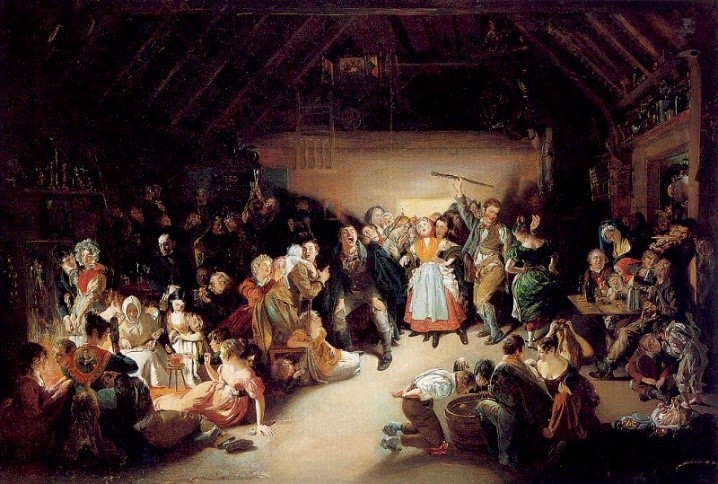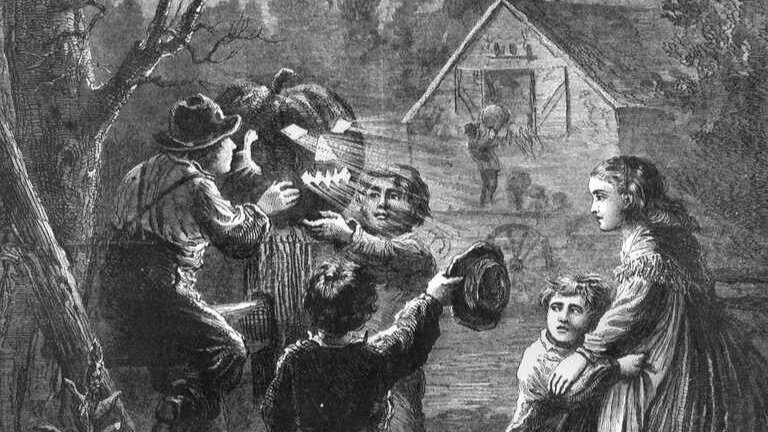Ancient Origins of Halloween

Halloween's roots can be found in the historic Samhain festival of the Celts (pronounced sow-in). On November 1, the Celts, who lived 2,000 years ago in a region that is now primarily Ireland, the United Kingdom, and northern France, celebrated the beginning of their new year. This day marked the end of summer and harvest and the start of the dark, cold winter, a time of year that was often associated with human death. The night before the new year, according to the Celts, the line separating the living from the dead grew hazy. On the evening of October 31, they observed Samhain, a time when it was thought that the spirits of the dead made a comeback to the planet.
In addition to causing havoc and destroying crops, Celts believed that the presence of otherworldly spirits made it easier for Druids, or Celtic priests, to predict the future. These prophecies were an important source of comfort during the long, dark winter for people who were completely dependent on the volatile natural world. Druids built massive sacred bonfires to commemorate the event, where people gathered to burn crops and animals as sacrifices to the Celtic deities. During the celebration, the Celts dressed up in animal heads and skins and attempted to tell each other's fortunes. They re-lit their hearth fires, which they had put out earlier that evening, from the sacred bonfire after the celebration was over in order to help protect them during the upcoming winter.
The majority of Celtic lands had been conquered by the Roman Empire by the year 43. Over the course of their 400-year reign over the Celtic lands, two Roman-inspired holidays were merged with the customary holiday of Samhain. The first was Feralia, a Roman tradition that takes place in late October to remember the deceased. Pomona, the Roman goddess of fruit and trees, was celebrated on the second day. The apple is Pomona's emblem, so the fact that this celebration was incorporated into Samhain probably explains why we still bop for apples on Halloween today.









